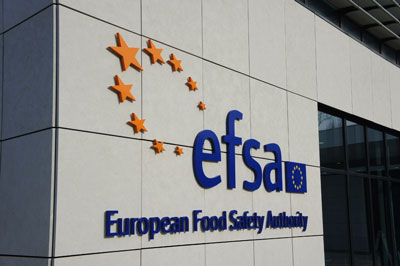High Pressure Processing is beneficial, states EFSA
Posted: 11 March 2022 | New Food | No comments yet
High-pressure processing of food can effectively destroy harmful microorganisms and causes no extra food safety concerns compared to any other treatment, the EFSA has claimed.


The European Food Safety Authority (EFSA) experts assessed the safety and efficiency of the high-pressure processing (HPP) of food, and found that it can effectively control pathogens in food.
The authority tested whether HPP can be used to control Listeria monocytogenes in ready-to-eat (RTE) foods and whether it can be used as an alternative to thermal pasteurisation of raw milk.
HPP is a non-thermal food preservation technique that kills microorganisms which can cause diseases or spoil food. It uses intense pressure for a certain time and has minimal effects on taste, texture, appearance, or nutritional values.
The process can be used at different steps of the food chain, usually on pre-packed products, and can be applied to raw materials such as milk, fruit juices, and smoothies, but also to products that have already been processed, such as sliced cooked meat products and RTE meals. In the latter case, it reduces the contamination originating from the manufacturing environment, for example during slicing and manipulation of the products, the EFSA states.
The governing body adds that this processing method reduces levels of Listeria monocytogenes in RTE meat products at specific time-pressure combinations; the longer the duration and intensity of the pressure, the more reduction is achieved. This is a crucial finding, as Listeria monocytogenes contamination of RTE foods is a public health concern in the EU. HPP also proved to be effective at decreasing the levels of other pathogens, such as Salmonella and E. coli.
In the case of raw milk, experts also identified the time-pressure combinations of HPP that can be considered in order to have the same effect as thermal pasteurisation.
HPP is not specifically regulated at EU level and EFSA’s advice will inform future decisions in this area, the authority added.
Related topics
Food Safety, Health & Nutrition, Lab techniques, Research & development, Technology & Innovation









